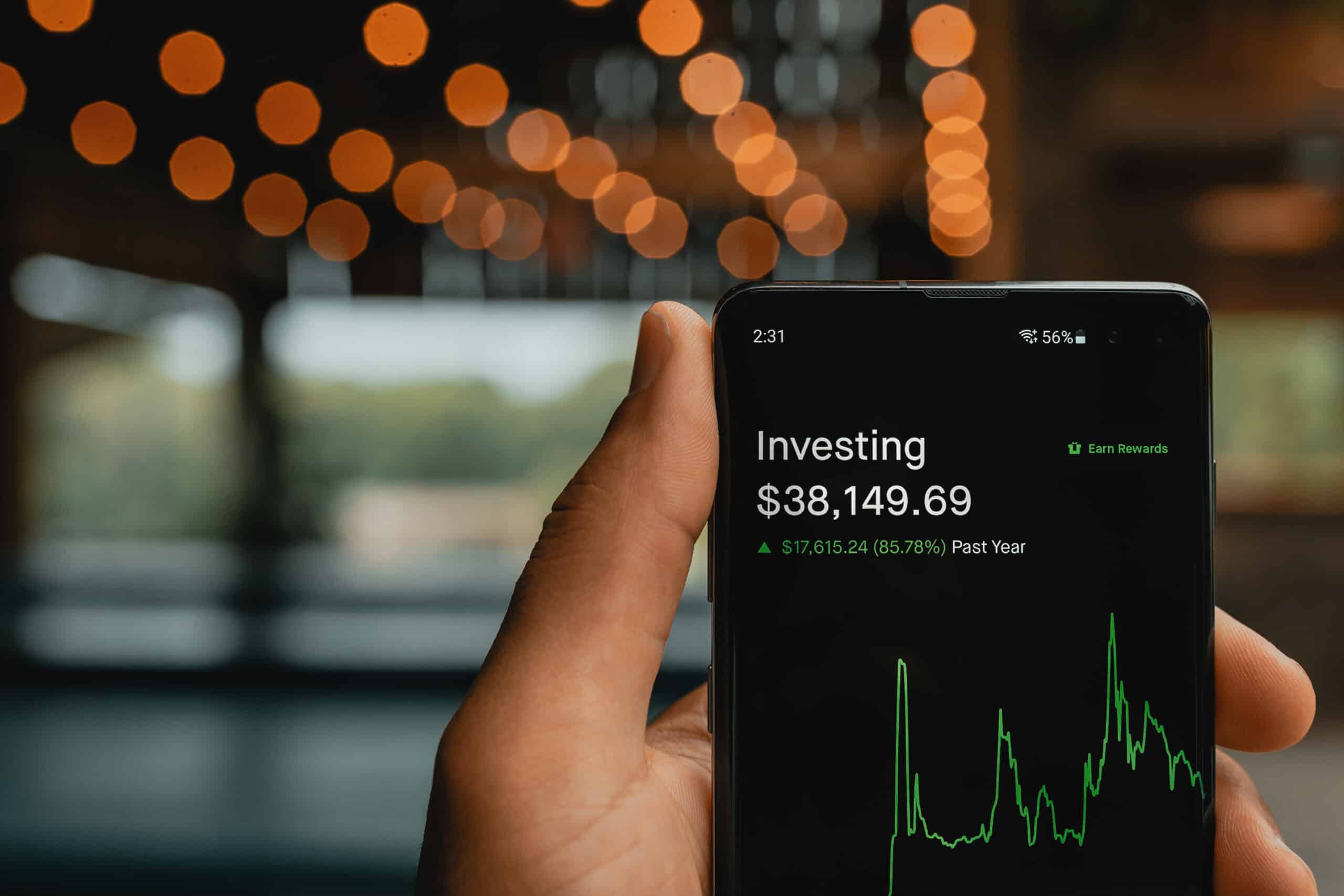
When it comes to trading apps that everybody can use, Robinhood is often the name that first comes to mind. Between its app-first approach and creative design, Robinhood quickly earned itself a very large following. Founded in 2013, the company hopes to “provide everyone with access to the financial markets.”
While Robinhood may have great intentions about how to best help everyday people trade, questions have arisen about how it makes money. This question ramped up in 2021 as the company was at the forefront of the Gamestop short squeeze. At the time, it begged the question as to how Robinhood was earning money on small trades.
Well, it’s time to get to the bottom of that question and discover exactly how Robinhood makes all of its money.
Rebates
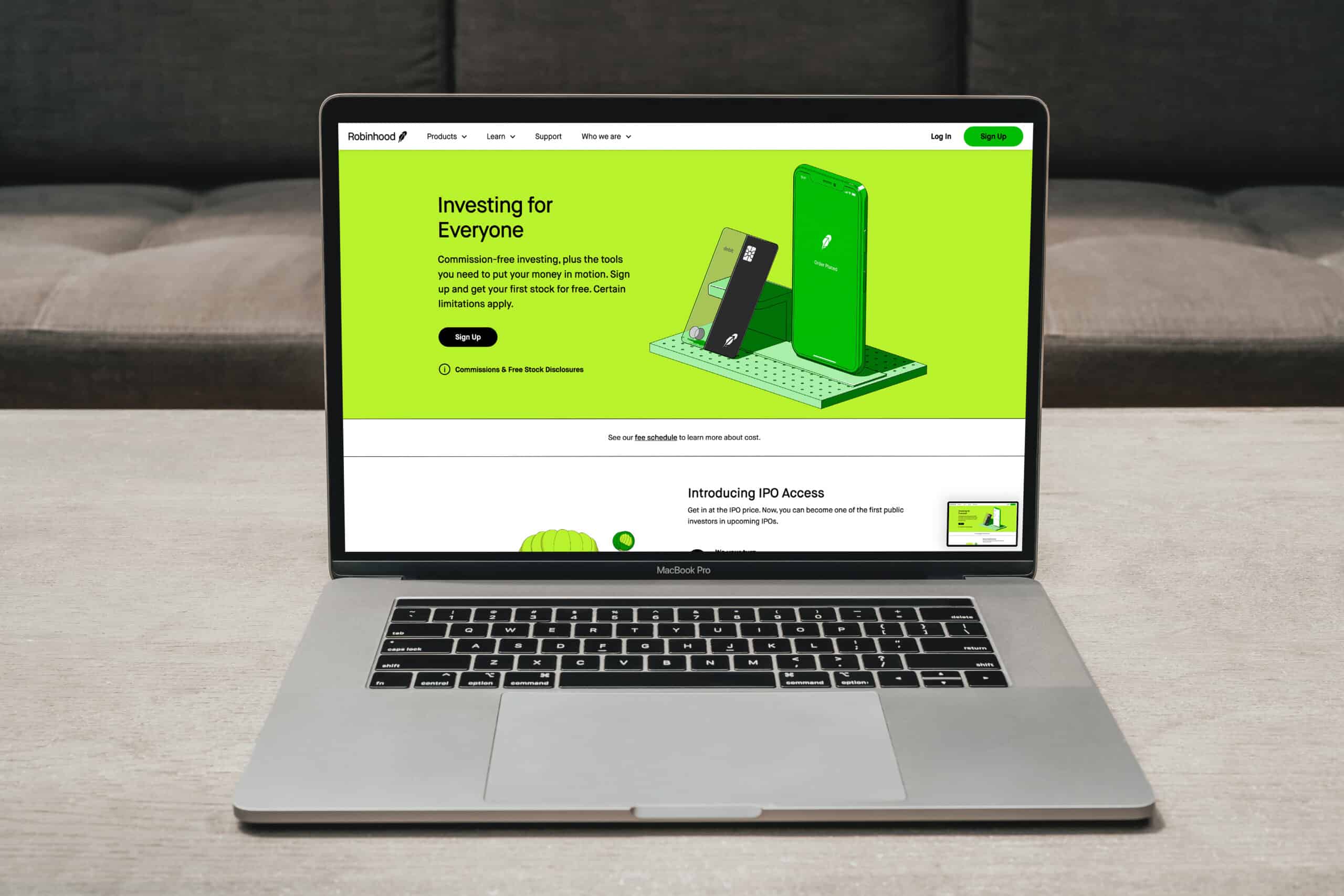
Through its website, Robinhood attempts to be very clear about how it makes its money. The first thing listed is “Rebates from Market Makers and Trading Venues.” What this translates to in practical terms is that Robinhood earns a brokerage fee whenever you buy or sell stocks, ETFs, and options through your Robinhood account. It’s through this method that Robinhood can keep the costs low for its customers and better compete with major stock exchanges.
Robinhood indicates that it has a similar relationship with its crypto business. When you trade a crypto coin through the Robinhood app, it receives volume rebates from the trading venues it uses to execute the order.
Robinhood Gold
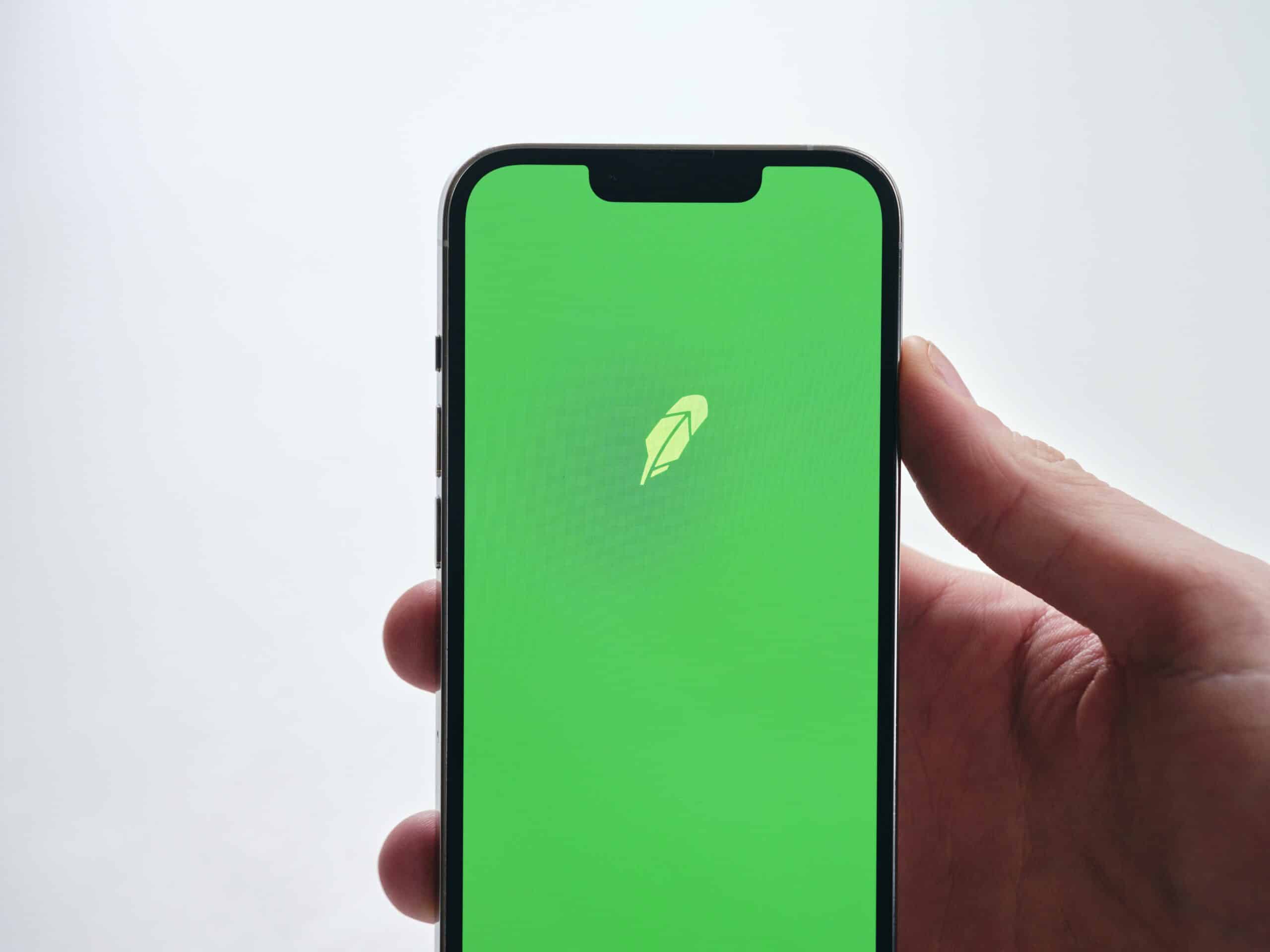
If you want the very best access from Robinhood, you’ll subscribe to Robinhood Gold. This “suite of powerful investing tools” will give subscribers access to Morningstar research reports and NASDAQ Level II market data. On top of this, Robinhood also offers its Gold subscribers bigger instant deposits and margin investing opportunities.
The subscription fee is monthly and is currently priced at $5 a month as of March 2024. The best part is that Robinhood Gold customers can earn a 5.00% APY on any uninvested cash they have. This is compared to non-Gold customers earning a 1.50% APY.
On top of the above, if you are borrowing funds from Robinhood Securities, it will earn interest from your accounts. Essentially, if you use more than $1,000 on margin from Robinhood, you’ll be paying 8% yearly interest. The interest rate on margin increases to 12% yearly for non-Gold subscribers. Of course, the margin interest payments only start on any dollar amount above the $1,000 you originally borrowed.
Robinhood Connect
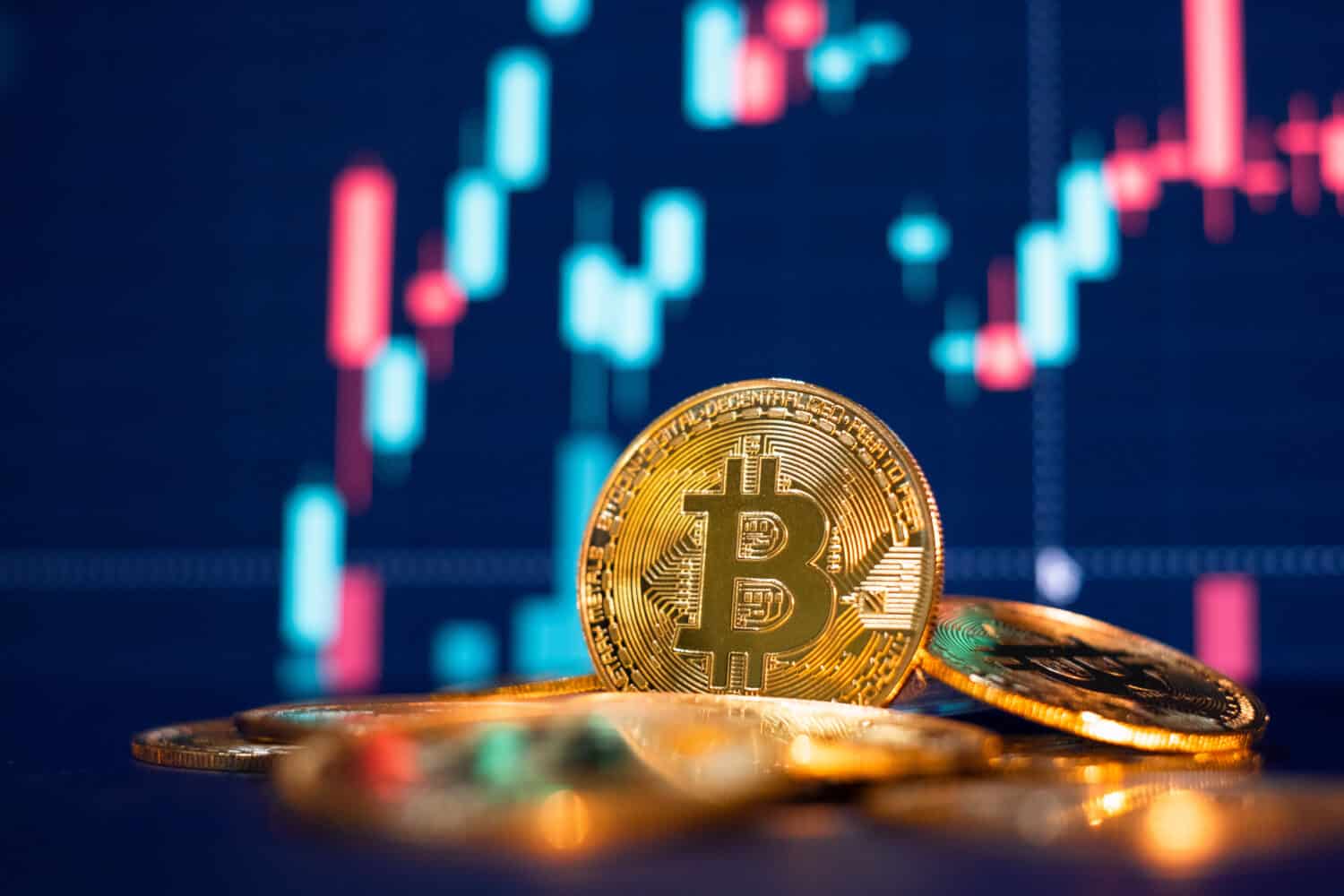
Considered an extension of Robinhood Crypto, Robinhood Connect also has a small fee structure. As it stands in March 2024, for every $100 value through an executed crypto order, Robinhood receives a $0.35 rebate from its trading venue. While crypto isn’t a significant part of Robinhood’s business, it stands to reason they make money from this space.
Stock Loan Income
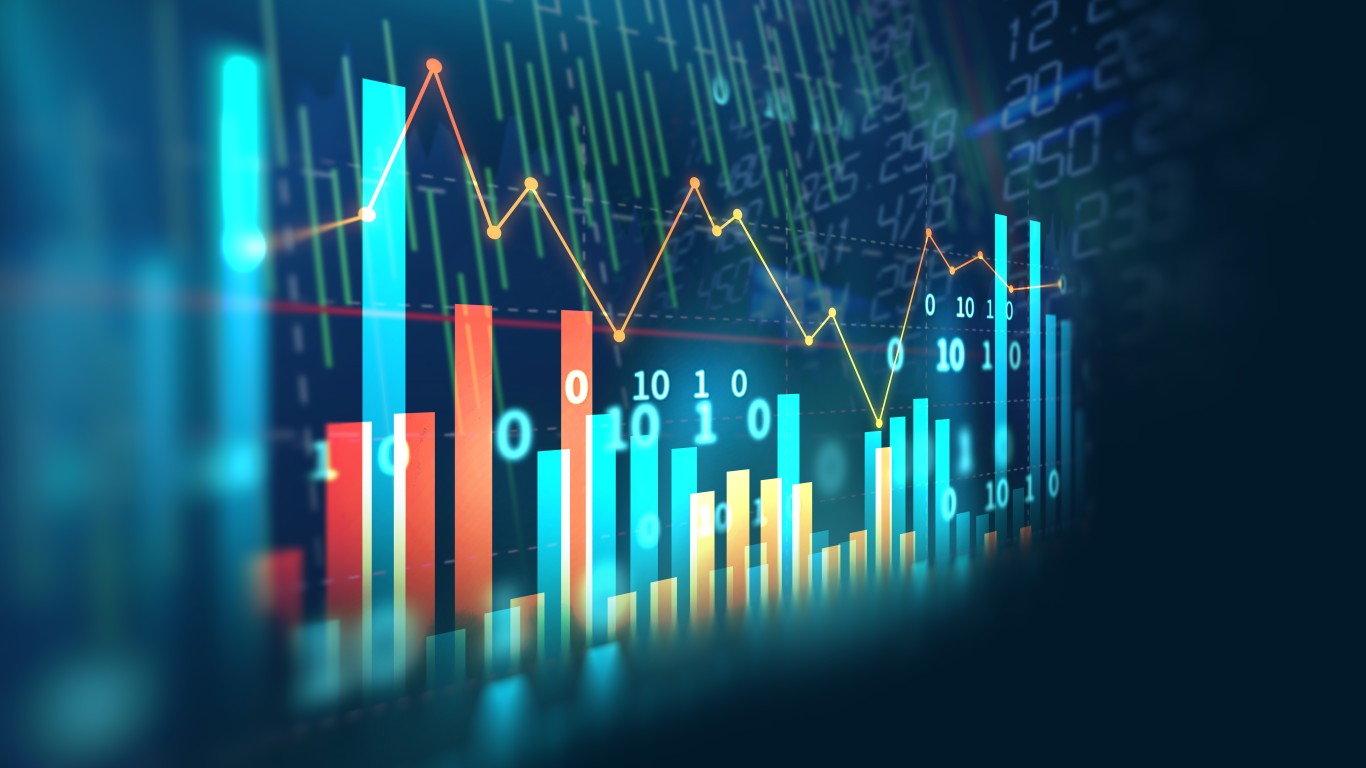
For any Robinhood users who are using margin to make a trade, this money is borrowed from Robinhood Securities. Robinhood can earn income by lending this margin security to a counterparty. The company calls this a “Stock Loan.” Robinhood is going to earn additional income with each one of these transactions it conducts.
Robinhood also says that this method enables its customers to earn extra income. So, not only can Robinhood earn money with a Stock Loan, but so can you. The company is allowing you to earn extra income using stocks you already own. If Robinhood borrows your stock, they will pay you monthly and you will still be able to sell at any time.
Income from Cash
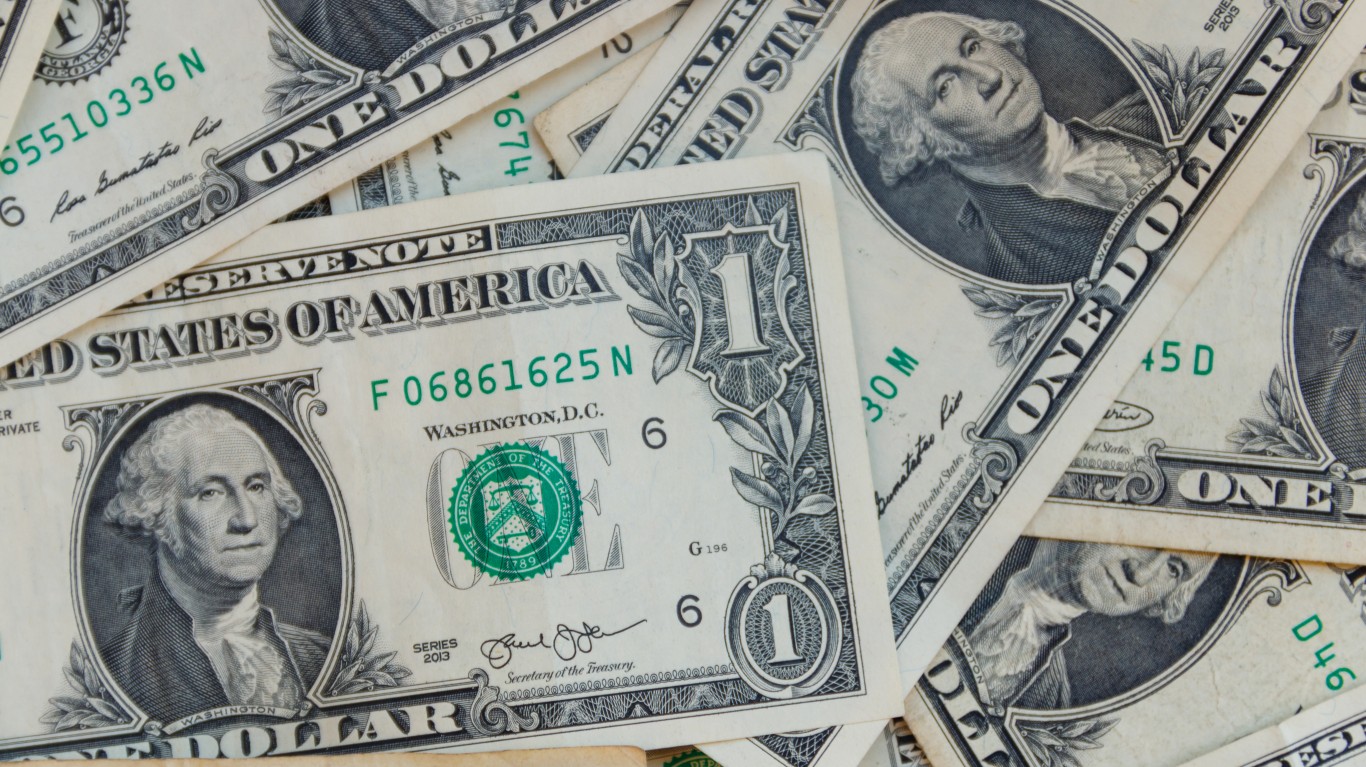
Should you have uninvested income available with Robinhood, the company is earning money on this as well. What it does is essentially take your money and deposit it into an interest-earning bank account. Robinhood can also earn a fee from any bank that participates in its “brokerage sweep program.”
While there are fees paid to Robinhood for this service, you can earn upward of 5% if you are a Robinhood Gold member so the benefit here is two-sided. Participating in this account program allows both you and Robinhood to earn extra income. The good news is that this money is still protected by the FDIC for up to $250,000 per program bank or $2.25 million in total.
Cash Management
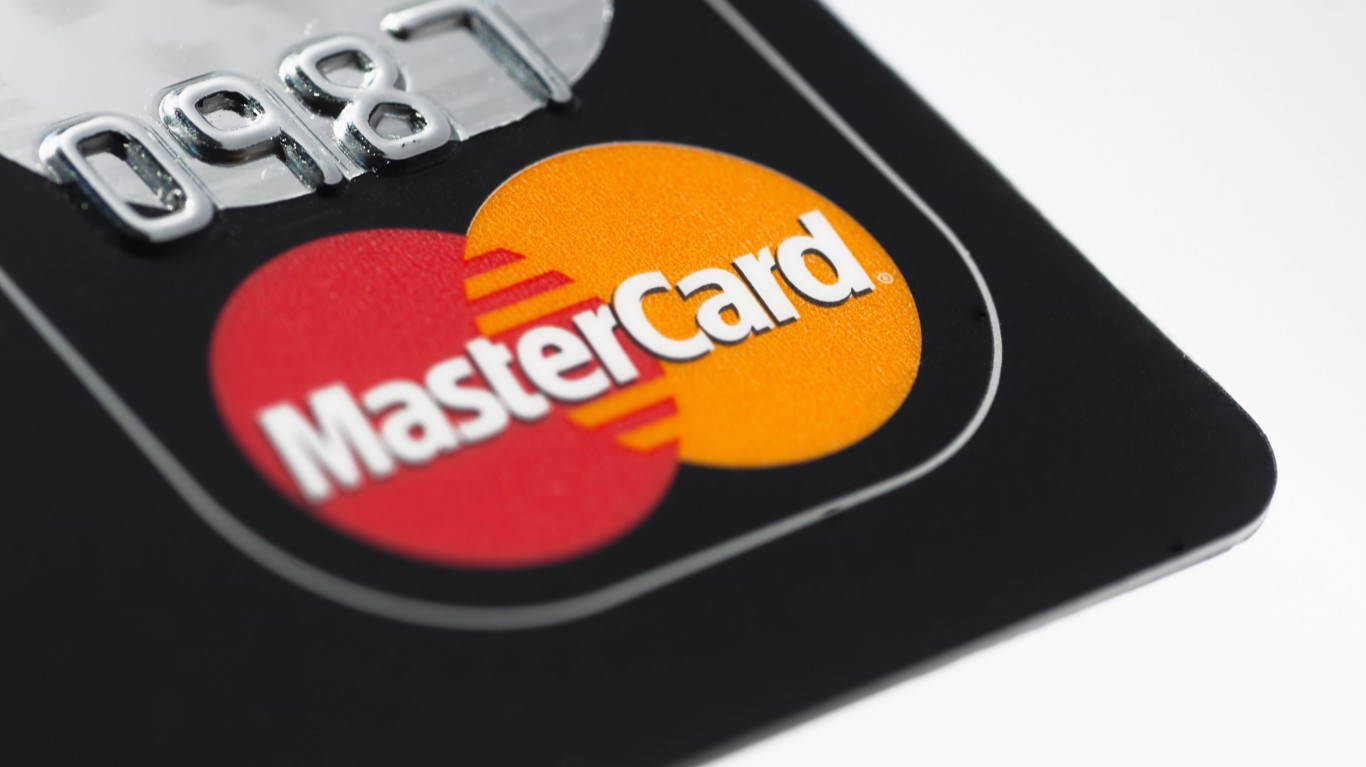
Through its cash management program, Robinhood can derive income, potentially significant income, from this method. If you are a user of the Robinhood credit card, you will receive an interchange fee every time the card is used. Of course, this fee is passed along to Robinhood Financial, the company’s internal broker.
Interchange fees are nothing new and they are something most credit card users are already familiar with. This fee is designed to cover the card issuer against any kind of fraud loss that can be incurred. While the card itself doesn’t have any other fees like an annual fee or foreign transaction fees, the interchange fee is very standard.
As of February 2024, Robinhood has not indicated how many credit card holders there are out of its 23.6 million customer base.
Additional Fees
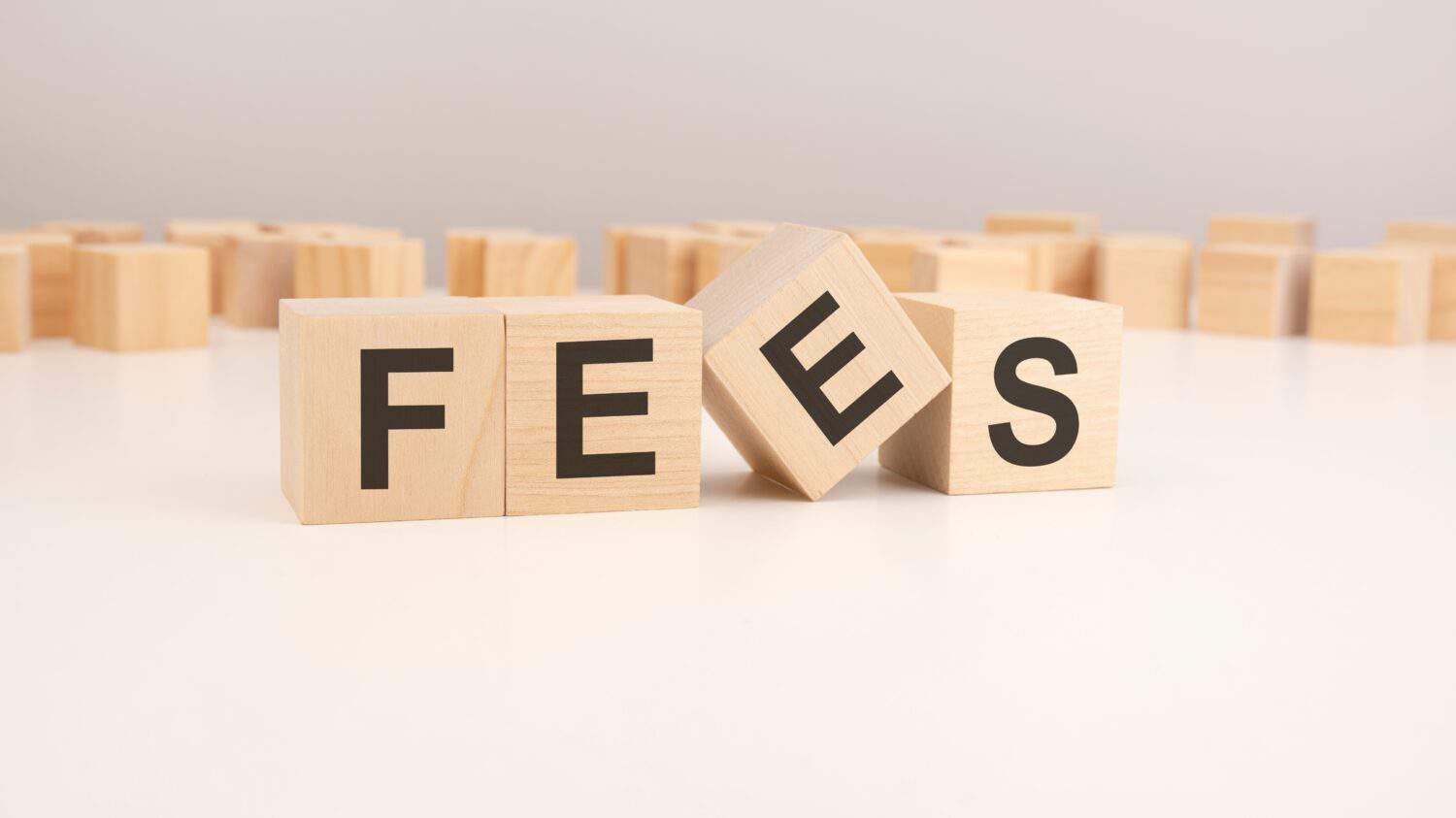
Along with everything else identified in this article, Robinhood has a few additional income streams. These are essentially additional fees its customers are paying for different transaction purposes. For example, if you need a domestic overnight check delivery from money in your account, it’s a $20 fee. Separately, if you want to transfer money from your Robinhood account and send it to your bank, it’s a 1.5% transaction fee of the full dollar amount.
Additionally, if you have over $1,000,000 invested with Robinhood, you are subject to a $22.90 fee per one million. This fee is set by U.S. law, but you are still subject to the fee regardless. If you have any kind of overnight mail request, Robinhood charges a $20 fee for overnight in the U.S. and $50 for international overnight delivery.
“Commission” Fees
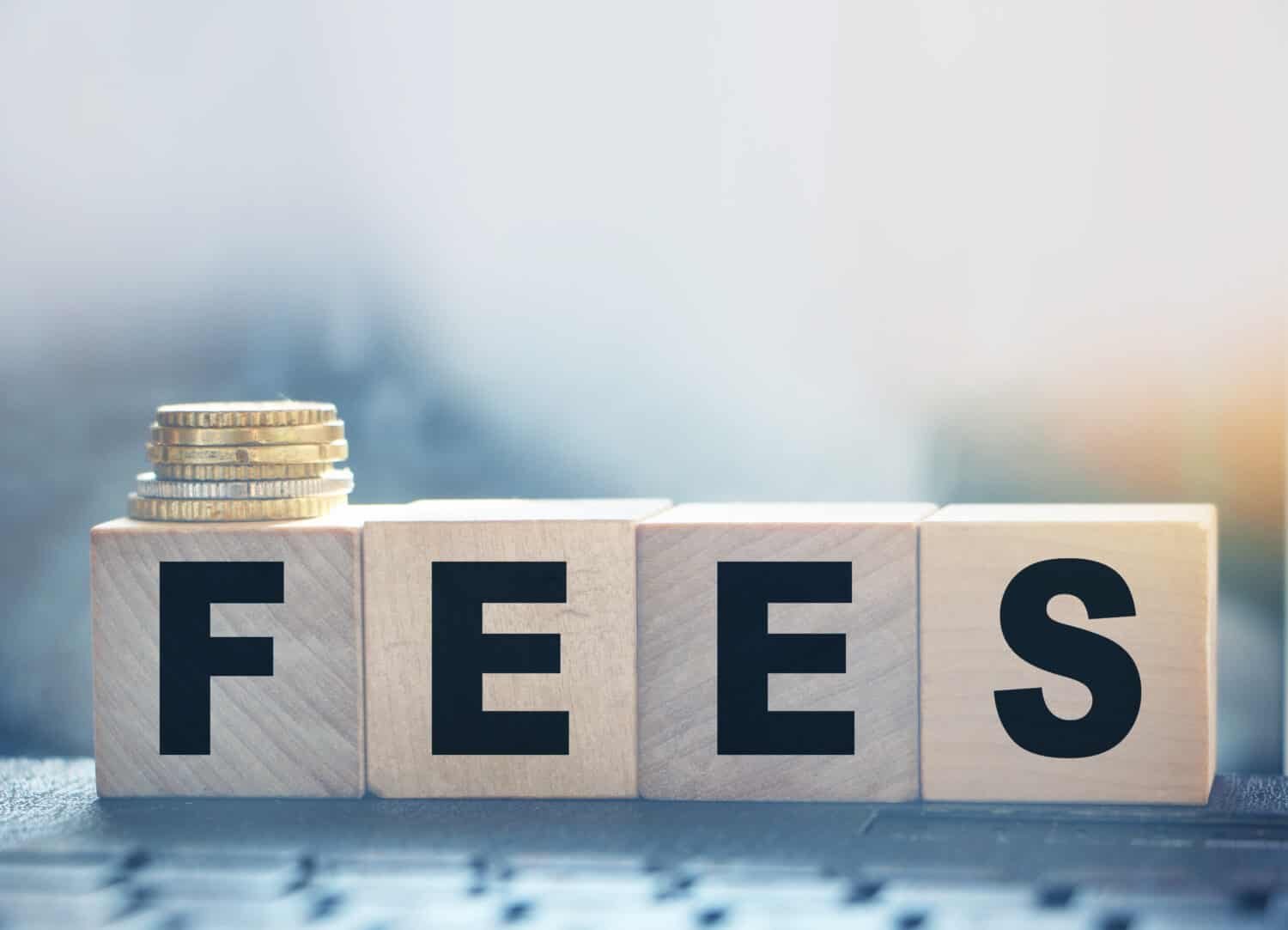
Last but not least, Robinhood considers trades on its platform as commission-free. Unfortunately, this isn’t quite accurate. For every equity share sold, you are paying Robinhood $0.000145 per share. If you are trading options, every sale is $0.00244 per contract. All of the fees are rounded up to the nearest penny but capped at no more than $7.27 per transaction.
Is Robinhood Profitable?
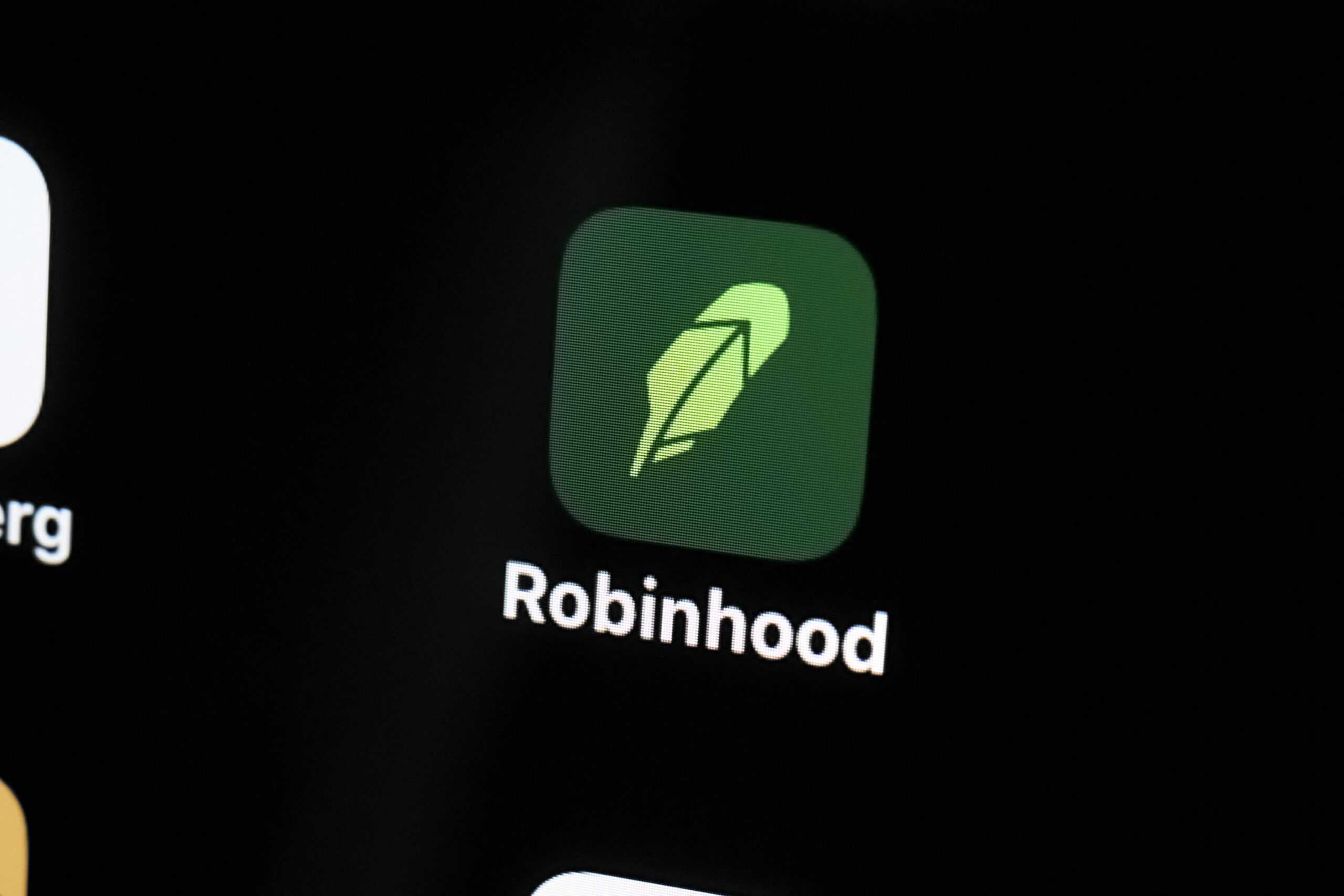
With all of these revenue streams available, you might be wondering if Robinhood makes money. As of February 2024, Robinhood currently has $118.7 billion under management across 23.6 million customers.
Well, the company reported a profit of 3 cents a share to start 2024 off. Robinhood CFO Jason Warnick indicated on the February 2024 earnings call that he expects 2024 to show further revenue growth. Whether this means more fees are on the way is TBD, but Robinhood’s current fee structure is working.
In 20 Years, I Haven’t Seen A Cash Back Card This Good
After two decades of reviewing financial products I haven’t seen anything like this. Credit card companies are at war, handing out free rewards and benefits to win the best customers.
A good cash back card can be worth thousands of dollars a year in free money, not to mention other perks like travel, insurance, and access to fancy lounges.
Our top pick today pays up to 5% cash back, a $200 bonus on top, and $0 annual fee. Click here to apply before they stop offering rewards this generous.
Flywheel Publishing has partnered with CardRatings for our coverage of credit card products. Flywheel Publishing and CardRatings may receive a commission from card issuers.
Thank you for reading! Have some feedback for us?
Contact the 24/7 Wall St. editorial team.





